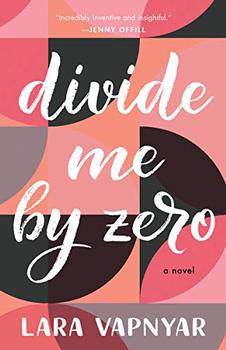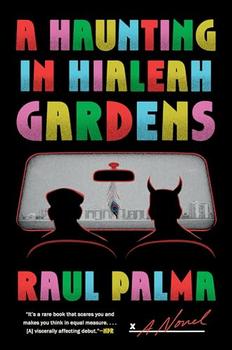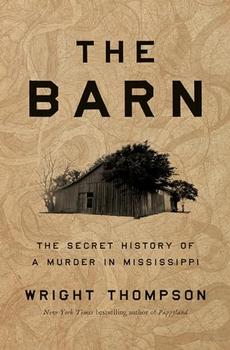Summary | Excerpt | Reviews | Beyond the Book | Read-Alikes | Genres & Themes | Author Bio

This article relates to Divide Me By Zero
 Born in 1940 in Leningrad, Iosif Aleksandrovich Brodsky, known to English speakers as Joseph Brodsky, was a Russian-American poet and Nobel Prize laureate, whose works and life feature heavily in Lara Vapnyar's novel Divide Me By Zero.
Born in 1940 in Leningrad, Iosif Aleksandrovich Brodsky, known to English speakers as Joseph Brodsky, was a Russian-American poet and Nobel Prize laureate, whose works and life feature heavily in Lara Vapnyar's novel Divide Me By Zero.
Brodsky was raised in poverty; his father had lost his position with the Russian Navy for being Jewish, and Brodsky was forced to drop out of school at 15 and take on a number of odd jobs. During this time he taught himself English and Polish and also discovered a love of poetry. (Even late in his career he would often write his poetry in Russian and translate it himself into English.) He was introduced to Russian poet Anna Akhmatova in 1961, and she became his close friend and mentor.
Much like Akhmatova, Brodsky's early publishing career was largely characterized by an ongoing conflict with the Soviet state, which forced him into a mental institution in 1963 after denouncing his "pornographic" poetry. Subsequently, for "social parasitism," or expressing anti-Soviet views in his poetry, Brodsky was sentenced to five years of exile at a labor camp in the Arkhangelsk region (in northwest Russia), though he only served from 1964 to 1965. The publicity surrounding the trial brought him to the attention of American and European academics, and his sentence was ultimately commuted after it was protested by prominent literary figures. Even after he was released, his poetry continued to be banned in Russia.
From 1962 to 1967 he was romantically involved with the painter Marina Basmanova, who he referred to as M.B., and to whom he dedicated much of his love poetry. (One of these poems is recited by protagonist Katya's love interest B. in Divide Me By Zero.) The two had a son together, though they were prevented from marrying by Soviet authorities. Basmanova broke off their relationship, but Brodsky continued to write her love poems until 1989.
In 1972 he was expelled from the Soviet Union, at which time he immigrated to the United States, becoming a naturalized U.S. citizen in 1977. He was a poet-in-residence at the University of Michigan intermittently from 1972 to 1980, and from 1981 to 1996 he taught literature at Mount Holyoke College. He was received favorably in the U.S., perceived as a victim of Soviet persecution, and became a major name in American literary circles, notably befriending poet W.H. Auden (who helped him establish his post at the University of Michigan).
Brodsky's poetry was never overtly political, instead dealing with broader and more personal themes of love, nature, death and exile. Scholar Victor Erlich wrote, "The tenor of his poetry is not so much apolitical as antipolitical. His besetting sin was not 'dissent' in the proper sense of the word, but a total, and on the whole quietly undemonstrative, estrangement from the Soviet ethos."
In 1987 Brodsky was awarded the Nobel Prize in Literature, and in 1991 he served as the Poet Laureate of the United States.
Brodsky died of a heart attack in Brooklyn in 1996, and was buried in the Isola di San Michele cemetery in Venice, a city he had venerated in his 1989 essay collection Watermark. His grave is visited by Katya Geller in Divide Me By Zero.
You can read some of Brodsky's poems here.
Joseph Brodsky, courtesy of Poetry Foundation
Filed under Books and Authors
![]() This "beyond the book article" relates to Divide Me By Zero. It originally ran in October 2019 and has been updated for the
November 2020 paperback edition.
Go to magazine.
This "beyond the book article" relates to Divide Me By Zero. It originally ran in October 2019 and has been updated for the
November 2020 paperback edition.
Go to magazine.




A classic is a book that has never finished saying what it has to say
Click Here to find out who said this, as well as discovering other famous literary quotes!
Your guide toexceptional books
BookBrowse seeks out and recommends the best in contemporary fiction and nonfiction—books that not only engage and entertain but also deepen our understanding of ourselves and the world around us.